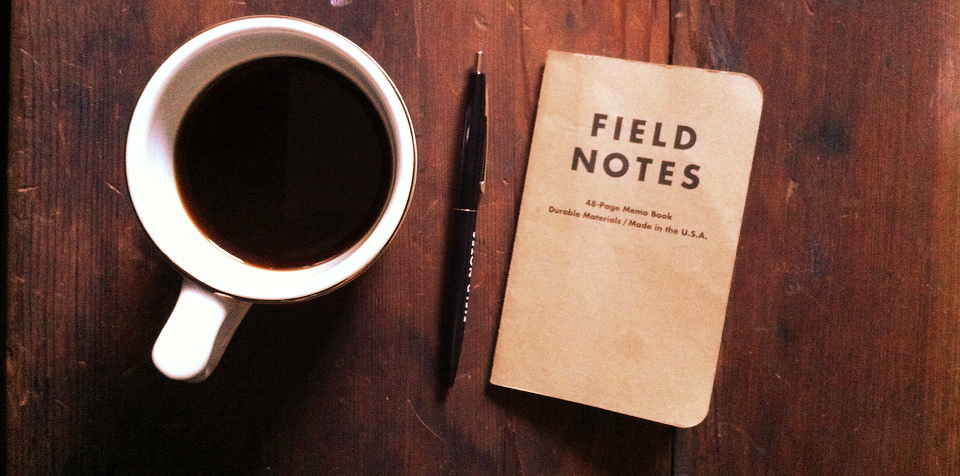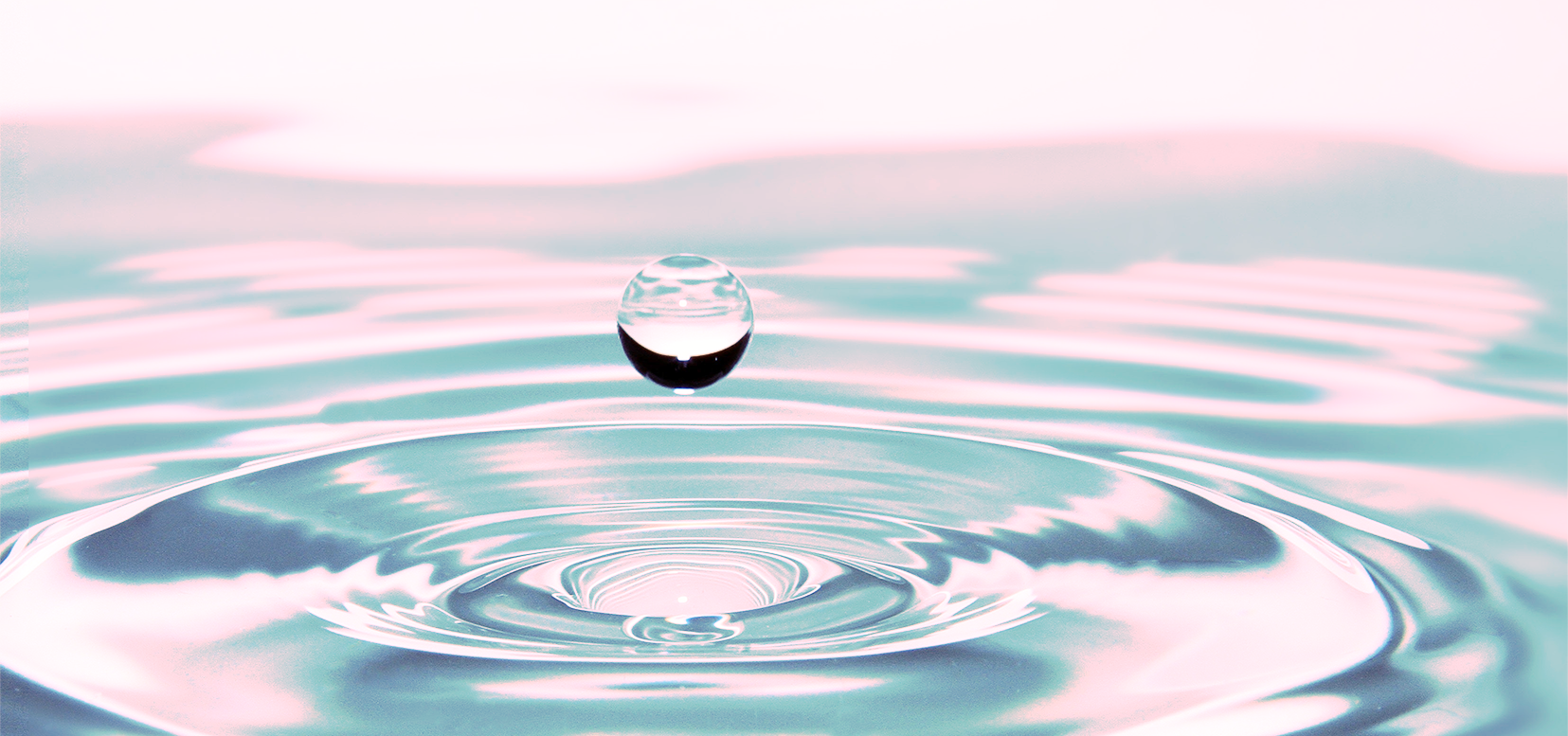|
Self-care is a fact of life. No ifs, ands or buts about it. This is your body: it's all you truly have. Artists, from illustration undergraduates to experienced animators, are taught to devalue themselves from the word 'go'. The starving artist stereotype is imposed with impunity by a Western society that simultaneously craves art and dismisses artists, manifesting as art theft (with Aaron Carter a very recent example) or accusations of bloated egos. For any of you reading this with commission work under your belt, I'm sure you have at least one story of a potential client that tried to haggle your prices down (if they didn't just ghost). All of these minor and major blows have a way of leaving us lacking in the self-care field. Why should we spend so much time taking care of ourselves when our work is 'easy' and 'unimportant'? Part of self-care is changing your mindset around what you have to offer the world. Offer yourself. Mind over matter: you won't stick to a stretching or jogging regimen unless you acknowledge how much you need it. Denying myself reasonable breaks and taking on very low-paying jobs (among other things) had me experiencing burnout in the past. Badly. It's an all-encompassing exhaustion that starts from your toes and trickles up to the roots of your hair. You can hardly string two words together. You can barely think beyond your next meal (if you're not too depressed to eat, that is). You sleep too much. You zone out too much. The mere thought of work is enough to have you laying back down. Here I'm going to explain my daily self-care habits and how they pertain to my work: the unglamorous and wholly necessary routines of keeping my health sound and burnout as far away as humanely possible. There will be links to guides and videos so you can start experimenting with your own unique variation. It takes an average of two months to cement a new habit: the sooner you build one, the sooner it can start working to your benefit. This list isn't here to clear your skin or cure your depression overnight. It's to make your exhausting and painful existence slightly less so. 1. I Stretch For A Minimum Of 30 Minutes Every Single Day This month I've been tacking on an extra ten to fifteen minutes for my neck, shoulders and legs. Stretching is no joke. Some of the biggest health problems facing artists today involve the neck, back and wrists. Hunching over your computer for hours on end or forgetting to take breaks is just begging to send you to the hospital prematurely. Even a machine needs to be shut off and allowed to cool down, right? Over 20% of American adults today have doctor-diagnosed arthritis, with the condition getting worse as you get older. This statistic is even higher when you take into account the undiagnosed and those with similar wrist and arm conditions, such as the notoriously painful tennis elbow. I'm just shy of thirty and am not nearly as sprightly as I used to be. While I'm no gambling woman, I'm willing to bet you're not going to be an exception to the rule, either. My wrists have been giving me problems for years. They used to ache at the drop of a hat (particularly my dominant right) and I haven't been able to put weight on them (such as push-ups). Even worse? I had no idea where this came from! I had friends theorizing that I might have cracked a bone without my knowledge and healed strangely. Internet articles could only tell me so much about my symptoms, which sounded like everything and nothing at the same time. 2019 ended up an extra busy year: I had to go get my wrists scanned for issues (none), then sign onto a bi-monthly physical therapy course. Valuable tips I've learned from my physical therapist include:
Seeing a pattern? I do two-minute repetitions for each stretch, sometimes two and a half if I have extra time. I'm working on doing stretch sessions twice a day, as well. I won't claim this is the ideal route for everyone, not when people have different obligations and schedules, but it's imperative you hash out a little time every day to loosen up. If not, just holding a tablet pen could become excruciating. Try combining stretch sessions with other simple tasks, such as stretching while listening to an audiobook, riding the bus or while taking a bath. Epsom salt soaks and ice massages are also great for reducing pain and inflammation, respectively. I buy my epsom from iHerb. These videos are very similar to what my physical therapist taught me. Don't stretch too hard: I actually pulled a muscle after my third session trying to overdo it. It's the duration and frequency, not the intensity, that helps! 2. I Don't Feel Guilty For Getting Extra Sleep Guilt is one of the biggest barriers to getting rest. Hit snooze? You're lazy. Need a nap? You're wasting valuable time. I'm about to bombard you with some pretty statistics and a dollop of science to cut into that nonsense. Getting a consistent and lengthy amount of rest every night is tied into your immune system, heart health and mental health. Consistently missing out on important sleep can have you getting sick more easily. It can cause you to forget basic things, pushing you into that time-wasting spiral of double-checking if the oven's off and triple-checking your e-mail for that check-in you were supposed to do yesterday. It's a snowball effect of diminishing returns and one that won't get any better no matter how loudly you chant 'hustle culture' to your drooping reflection in the bathroom mirror. "Is it truly that bad?", you may be asking. Oh, absolutely not. It's worse. The CDC regularly updates its information on sleep health: Americans average seven hours of sleep per night, when the recommended amount is closer to nine. This pattern of what they call 'short sleep' shows a higher increase in chronic health conditions like asthma, heart disease, stroke, depression and, yes, the aforementioned and beloved arthritis. Sleeping disorders are rampant, to boot: my mother has struggled with sleep apnea for years and she's had to see doctors several times before getting the help she needs. A lack of deep, consistent sleep makes you:
What helps me is, admittedly, not something most people my age can relate to. A few years back I was so emotionally and physically drained I came down with shingles. Yes, you heard that right: a debilitating viral infection that usually affects the elderly or those with immunodisorders struck a generally healthy twenty-something. This was due to a combination of the extreme stress I went through at the time, as well as the compounding effects of anxiety disorder and failing to get restful sleep. These little cuts? They add up. Don't wait until you come down with a viral infection before chipping away at that sleep-related guilt. Praise yourself for getting an extra hour or two when you need it, because, say it with me now: you're not a machine. 3. I Drink Several Cups Of Water Per Day I'm not here to espouse bargain bin social media wisdom and tell you that drinking water will cure your life. I am, however, going to go into just how insidiously damaging being chronically dehydrated is. Many American adults today are chronically dehydrated. Recent estimates think this number is as high as 75%, which should give you pause, if nothing else. When you think about it, it makes sense. Energy drinks and sugary coffee are incredibly common tools used to get through the day. When you tack on a high amount of fatty foods, increasingly sedentary lifestyles and the fact alcoholism is among the top ten leading causes of death, it's small wonder. We need to drink more water. Being chronically dehydrated leaves you:
The appetite detail might come off as strange, but it's no old wives' tale. Yes, our bodies actually mix up their signals and can make you think you're hungry when you're actually thirsty. Next time you feel the need to snack, drink a glass of water and wait for thirty minutes. If your stomach stops growling, then you got your answer. Drinking more water isn't going to clear out your skin (particularly if your issue is a hormonal imbalance), nor is it going to be an all-in-one solution for your dating life. It will, however, ease the burden on your physical and mental health. That's still good. To reiterate: it takes an average of two months for a new habit to stick. What helps? Having a friend, family member or online community hold you accountable (not with guilt, but encouragement and being able to 'check in'). Recording your progress on a whiteboard or your phone's notepad, because we all love scoring points. Sitting down and doing a little introspection on how much better you feel this week, which is its own reward. There's this great post on the technique of 'habit stacking' to help your new routine stick better, connecting an old habit with a new habit to keep you consistent. I drink a glass of water after washing my face (twice a day), every time I go to the bathroom (twice a day) and before each meal. 4. I Set A Social Media Limit To Thirty Minutes Or Less Social media is not a religion. Let's stop treating it as such. It's a revolutionary tool that keeps us connected to the world at large. This means news delivered as it's happening and useful information discovered at the click of a button. It also means being excessively exposed to FOMO (fear of missing out), becoming overly concerned with fluff metrics and wondering if you're truly making a difference with one thousand or less followers. These are not concerns you need. Social media, at best, is a useful self-promotion tool and a means of staying up-to-date on the world around you. That's it. Getting too wrapped up on always being in-the-know is just going to burn you out. Arguing with every last rando is only going to succeed in raising your blood pressure and nudging you ever closer to that premature stroke. Setting a daily time limit forces you to use your minutes wisely: bumping your recent illustration, updating your page with relevant posts for possible clients to see and checking in with peers or prospects. I manage my limited social media time meaningfully by:
5. I Take Meaningful Breaks By 'Turning Off' Appropriately A big issue for freelancers -- and, hell, those under traditional employment -- is turning off. You sit down to eat lunch...but you're checking social media. You go out for a jog...but you're thinking about all the e-mails you need to answer when you get back. Turning off and focusing wholly on a task is pretty hard in a world that demands a constant deluge of productivity (machine metaphor just keeps coming back, don't it?). Like drinking more water every day or not feeling guilty about sleeping, turning off is a habit you'll build. Once it's established? You'll wonder what the hell you were thinking trying to steamroll through your entire day. Examples of 'turning off' and letting my brain wander:
To reiterate: this is what works for me, and it's perfectly normal to have a unique routine that fits your schedule. That said, don't think you can 'get around' not sleeping enough or avoiding stretching sessions. That's a short-term solution that'll feed into a long-term problem. Was this list helpful? What are you doing to improve your daily self-care habits in 2020? all photography on this website is either taken by myself or free stock photos labeled for reuse with modification
0 Comments
Your comment will be posted after it is approved.
Leave a Reply. |
AuthorHere I post WIPs, sketches, speedpaints, thumbnails and anything else thrown into the veritable stew of artistic process. Archives
January 2021
Categories
All
|
ServicesBook Covers
Illustration Character Art Portraits Packaging Art Concept Art |
AboutCommercial illustrator and designer currently available for short-term and long-term freelance work.
|
© COPYRIGHT 2015. ALL RIGHTS RESERVED.
|





 RSS Feed
RSS Feed